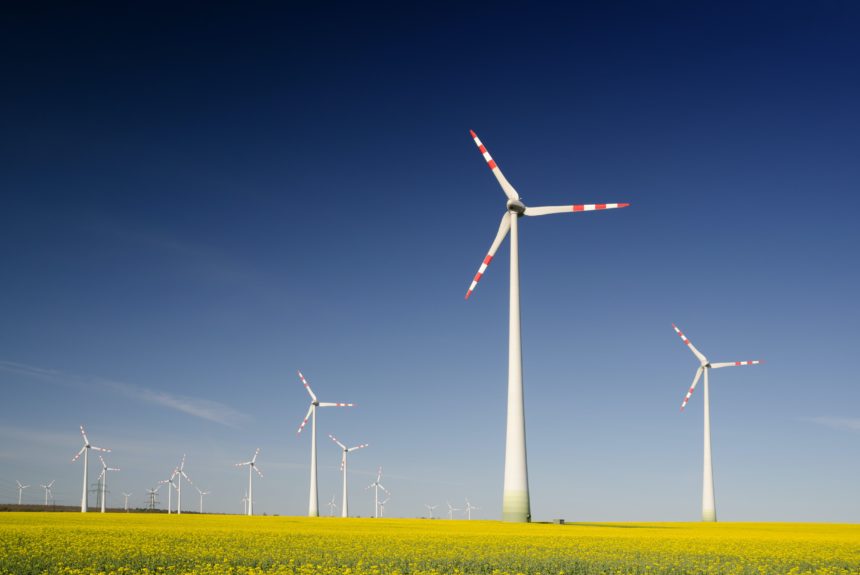By Kelvey Vander Hart
Americans want to power their lives using clean energy sources. A recent report from Pew Research Center showed that 77 percent of Americans would choose developing alternative energy sources over expanding fossil fuels. But to the everyday citizen, figuring out how to choose these sources is not an easy feat. That’s why Arcadia is helping to bridge the gap.
Arcadia is a technology platform that is allowing everyday Americans to choose clean energy sources. CEO and founder Kiran Bhatraju grew up in Appalachia, right in the heart of coal country. He witnessed fossil fuels’ impact and wanted to empower individuals with an easy way to choose clean energy sources instead. This dream resulted in founding Arcadia five years ago.
The Arcadia platform and process is incredibly user-friendly. You start by building an account where Arcadia is connected to your utility provider. After your utility is connected, the next step depends on whether you live in a regulated or deregulated energy market.
Regulated energy markets are where utilities have total control of the area. From energy generation to metering, the utility owns all infrastructure and transmission ability, and then sells energy straight to the consumer. These states have rates set by public utility commissions. While regulated markets do bring some stability in electricity rates, they limit consumer choice and are usually considered monopolies.
Deregulated markets instead encourage competition by allowing market participants to invest in generation and transmission infrastructure. These electricity generators then sell the generated power wholesale to retail suppliers. Suppliers set rates on the electricity and then sell it to the consumer. Deregulated markets encourage price comparison and increase the availability of renewable energy sources.
In deregulated energy markets, Arcadia works to find you electricity that is both generated through renewable sources and priced competitively. The supplier then sends your bill to Arcadia, who pays your supplier and then charges you. The whole bill shows up in your dashboard, which uses visuals to give you data on information like your energy costs, the number of clean kilowatts of energy purchased, and tons of CO2 you have avoided by choosing clean energy.
For consumers in regulated markets, the process is similar. Arcadia still functions as the middleman for bill payment. But instead of price shopping like you can in a deregulated market, Arcadia purchases Renewable Energy Certificates (RECs) to equal either 50 or 100 percent of your energy usage.
Once clean energy enters the electrical grid, it is impossible to determine exactly where it ends up. A REC is a way of tracking and claiming energy produced by renewable sources. For example, one megawatt hour generated by a wind turbine could be equivalent to one uniquely numbered REC. If that REC is then purchased by Arcadia on behalf of a member, it means that the member’s home is officially being powered by clean energy.
So while a regulated market may not allow for the same options as a deregulated market, the purchase of RECs still drives a demand for clean energy. When more RECs are purchased, it means the renewable sources must grow their generated supply to match the demand. RECs offer a market-based solution to driving the growth of renewable energy sources.
Bhatruju put it best: “While climate pessimism tends to dominate the news, this is a huge moment for people-powered change. Hundreds of thousands of Arcadia members are voting with their power bills for a different energy system, and we’re excited to lead the way.”
Arcadia makes it easy for Americans to generate market-based clean energy growth. In a season where there is demand for increased government energy intervention, this tech platform is setting a better path forward through the basic principles of supply and demand. What more could proponents of free market environmentalism ask for?
Kelvey Vander Hart is a native Iowan, a member of the American Conservation Coalition, and a communications specialist at Reason Foundation.
The views and opinions expressed are those of the author’s and do not necessarily reflect the official policy or position of C3.
